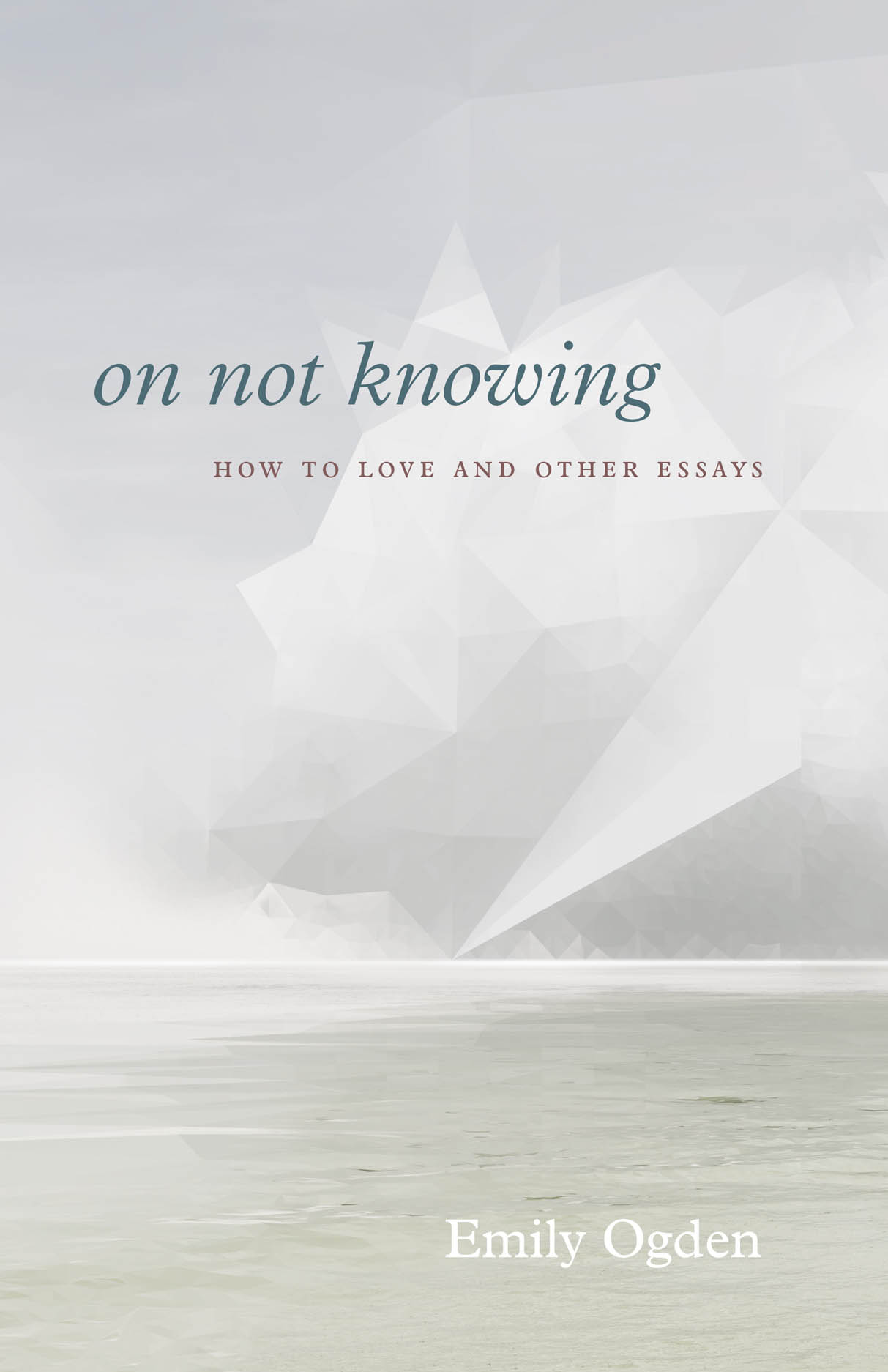
Frailties: How Poe Helps Us Live with Ourselves
The project:
Frailties is a biography in essays of Edgar Allan Poe that approaches a risky degree of intimacy with its subject. Tracing the mark his life and work left on notable admirers, including Charles Baudelaire, Marie Bonaparte, and Julio Cortázar, Frailties also contemplates how Poe intertwines with the mind of the author herself and helps us navigate the darkness we all share.
From Frailties:
When I am tired of Poe, or when I am embarrassed to be spending so much time on him, he appears stunted and puerile, an egomaniac who could not represent anyone in his art because no one but himself counted for him in life. But I also know that to think this way is to apply the wrong standards. Poe was not trying to represent people in his art; that is not what his characters were for. Some fiction writers offer us interiority granted all around, the social world fully and fairly unfolded. We call that realism. Poe was not a realist. It isn’t that his characters are poor models of people; it’s that they are not models of people at all. They are more like voices in the head, or figures in a dream.
With each character, Poe models not a single person but a single drive; just one impulsion a person might feel rising up from within. The drive might be to obliterate a source of shame, or to get to the bottom of things, or to take revenge. Or it might be more elemental: in “The Premature Burial” and “The Fall of the House of Usher,” the drive is simply to live, as an infant or an animal feels compelled to live. The living thing must get back up out of the grave. In Poe’s stories, we return to that part of ourselves that would, like a fox, gnaw off its leg to escape a trap; or that did, as an infant, wail for succor from the abyss of helplessness.
Poe is trying to describe what it is like to be prey to one’s wishes; what it is like to be driven into motion. If his subject could be described as life, it is life experienced as the infliction of activity; only life itself, and not yet life as a social or ethical or political matter. It is not always pleasant to wish to live. Wishing to live can be a horror. That is why Poe is also so interested in what it would be like to die.
The grant jury: Alive with a desire to cross-pollinate genre, this bravura hybrid of biography, memoir, and philosophy is mordantly funny and vividly characterized. Emily Ogden is so fully in control of her material and form that she is able to work as a great novelist does, lighting up points of contact for the reader, both intellectual and emotional. She binds us to Poe at his wildest and most terrifying, where he has the most to teach us. Ogden’s confidence and energy on the page are dazzling.
Emily Ogden is Professor of English at the University of Virginia, where she specializes in the literature of nineteenth-century America. She is an alumna of the Columbia Society of Fellows, where she was a Mellon Fellow, and the author of the critically praised On Not Knowing: How to Love and Other Essays and Credulity: A Cultural History of US Mesmerism. Her writing has appeared in The New York Times, Granta, The Yale Review, Los Angeles Review of Books, The Point, Critical Inquiry, and American Literature.
Selected Works
